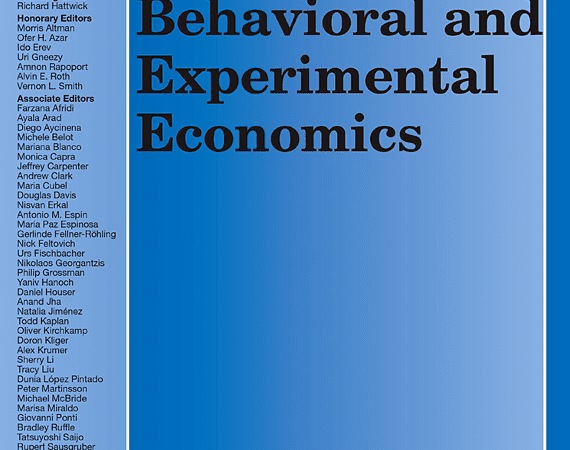
This paper studies the behavioral and socio-demographic determinants of reported compliance with prophylactic measures against COVID-19: barrier gestures, lockdown restrictions and mask wearing. The study contrasts two types of measures for behavioral determinants: experimentally elicited preferences (risk tolerance, time preferences, social value orientation and cooperativeness) and stated preferences (risk tolerance, time preferences, and the GSS trust question). Data were collected from a representative sample of the metropolitan French adult population (N=1154) surveyed during the first lockdown in May 2020, and the experimental tasks were carried out on-line. The in-sample and out-of-sample predictive power of several regression models – which vary in the set of variables that they include – are studied and compared. Overall, we find that stated preferences are better predictors of compliance with these prophylactic measures than preferences elicited through incentivized experiments: self-reported level of risk, patience and trust are predicting compliance, while elicited measures of risk-aversion, patience, cooperation and prosociality did not.
